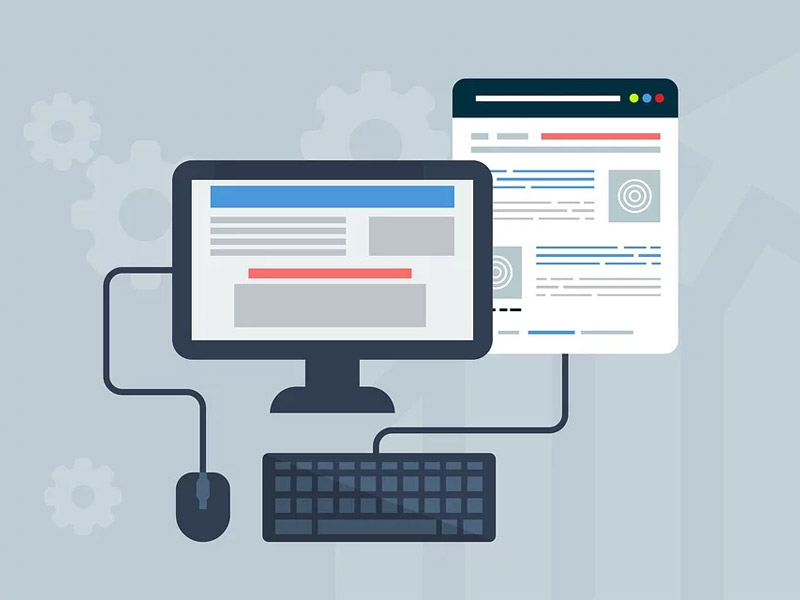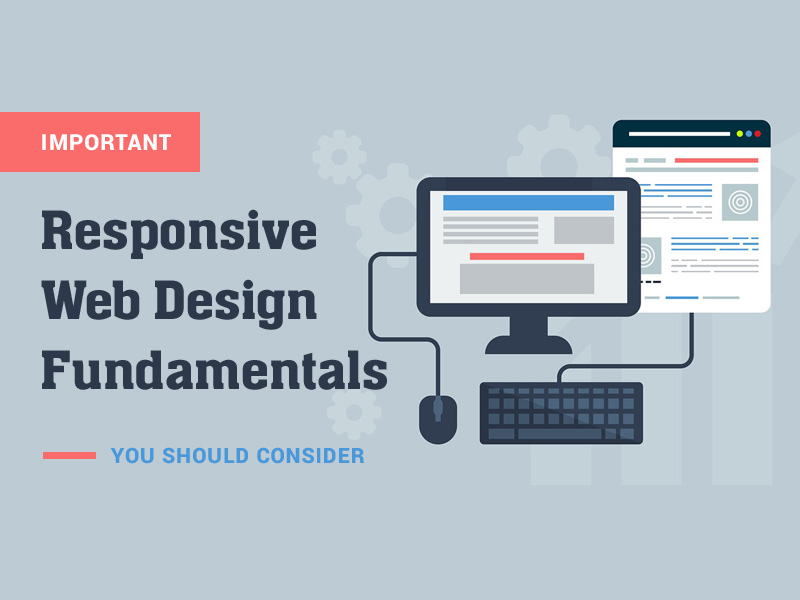Nowadays, web design is one of the most coveted professions. Even with the many websites that encourage you to create your own website, the demand for designers has not diminished. With this market, the number of colleges and online programs offering web design courses has also been on the rise.
Whether you are a self-taught student or pursuing web design in college, there are many ways to go about the approach. In this ever-evolving field, it is necessary that even as students, you try to learn and practice the trade before waiting to land a job. So what skills do students need to improve as website designers?
Focus on Your Talent
Before we target each skill separately, let us emphasize on point. Web designing, almost in its entirety is a practical skill. It is essential to focus on which the aspects you are good at and enjoy the art of designing rather than always spending time improving what you lack. The smart thing to do would be to identify your strengths and play to them.
However, as a student, it might not always be possible to work on practical skills alone. Unfortunately, at least till you graduate or get the certificate, the education has to be perceived as it is. Academic usually has to be dealt with, even if one wants to spend all the time to work on the practical aspects.
But there are still ways to work around the busy schedules and drowning college works. Students now have the option to use essay help from this company, to get their assignments finished on time. Essaypro has a longstanding experience in this field and a strong, experienced team of professional writers assisting students with all types of academic papers, like admission essays, dissertations, and thesis. There is nothing wrong in getting an extra hand so students can focus on what needs to be to boost their career after graduation.
So here, let us consider the skills a web designer needs and how to improve in the respective areas.
1. Learn the Language of UX Design
UX, the User Experience design is gaining more importance in the field of web design. The concept focuses on enhancing the user’s experience on the website, attending to their whims, both visually and cognitively.
A study on UX data, now decides how the website should be developed and created for the exact target audience. It aids in removing any obstacles that might diminish the value of the site in the eyes of the customer. Students of web design should give equal importance to both UX and graphic design to generate solutions that communicate better with the audience.
2. Learn the Basic of Coding

Similar to UX, Coding is another aspect that is not entailed in the brief of a web designer. Nevertheless, a web designer should know at least how the idea of coding works to transform their designs into a webpage. It helps designers to iterate the ideas better and faster, and to understand complex designs that might always be achievable manually.
The area of coding is quite an expanse, but the basic levels should come in handy for students. HTML and CSS are the most common and basic elements used by developers. It will help to read the codes and know how it works with the design. Over time, depending on the extent of the work, it is always possible to learn more about this regard.
3. Familiarise with New Technologies
Your course might have started at one level, but by the time you graduate, the whole envelope might have changed. That is one thing with the digital world today. Thus, there is no way to overstate that students have to be updated about the newer technologies in the market that are used by or could be put to use by designers in the future.
Virtual Reality, Augmented Reality, and Artificial Intelligence are a few of the elements that have high prospects in all fields of design. There are many more web design tools being released every year. It is usual to feel overwhelmed at first, but having a basic understanding of its potential could go a long way in the skills. It will also allow you to rethink the opportunities ahead, on the specializations and technical improvements while setting out on the career.
4. Work on Collaboration

It is not just the technical skills that are important for designers. Today, every small and big company works on team strength. The complexity of websites have changed dramatically, and with the current pace of innovation occurring in the field, a cross-disciplinary team is almost inevitable to launch and tun website successfully.
The collaborative skills have to be worked upon, as not everyone in the team would be thinking from the creative aspects alone and might not also be willing to do so. Today, many design tools also come along with collaborative tools as the work demands. You cannot survive to work as a singular element, without putting conscious effort into being a team player. Even if one works remotely and especially from different time zones, there is a necessary collaboration required between the other members of the agency or firm.
5. Practice Problem-Solving Skills
A website primarily offers a solution to the customers who are looking for them. So there is no need to elaborate on why problem-solving skills are of such importance in web design. Even excluding the designing aspect, while working on any project and collaborating with others, there would be many situations that would require critical thinking ability to solve a problem.
So how do we work on this particular skill? The only way to find yourself out of the comfort zones, push the boundaries and force the mind to come up with resolutions. For a new project, urge the creative mind to develop a concept, to a new level even the one that breaks the existing set of rules. Being a student gives the best environment to improve this aspect, as one might not always be given the chance on a job.
6. Understand How Social Media affects Web Design
 Image Source: Pexels.com
Image Source: Pexels.comSocial Media is now a prominent platform where rands use to promote themselves. More and more websites are promoting social media integration into the sites itself. As a web designer, an understanding of how social media works is unavoidable these days. Whether you are an active user or not, familiarise yourself with how the tools work, how branding is done and how it leads to traffic on the website you are designing.
Responsive Web Design is also another critical feature that goes in line with the integration of social media. Students also need to focus on skills to render the same website across multiple smart devices efficiently without losing its essence.
7. Invest in Networking and Communication Skills
For any career progression, networking plays a vital role. IF you are hoping to be an independent web designer or to get your career started, you will need this the most.
Similarly, communication skills are also necessary to understand what the client expects of you and to be able to deliver what they seek. Both go hand in hand, to improve the communication skills with both strangers who could be prospective clients. The more practice is put into these, the more you will find yourself at ease.
Above all, what a web designer always need is the design skills, to be able to come up with creative solutions that are fresh and invigorating. With proper time management and dedication, one can surely achieve greatness in this. But one needs all the above points to come together to be successful in the field. Every project is a learning experience, grab the opportunity and strive to improve the skills in every step.







